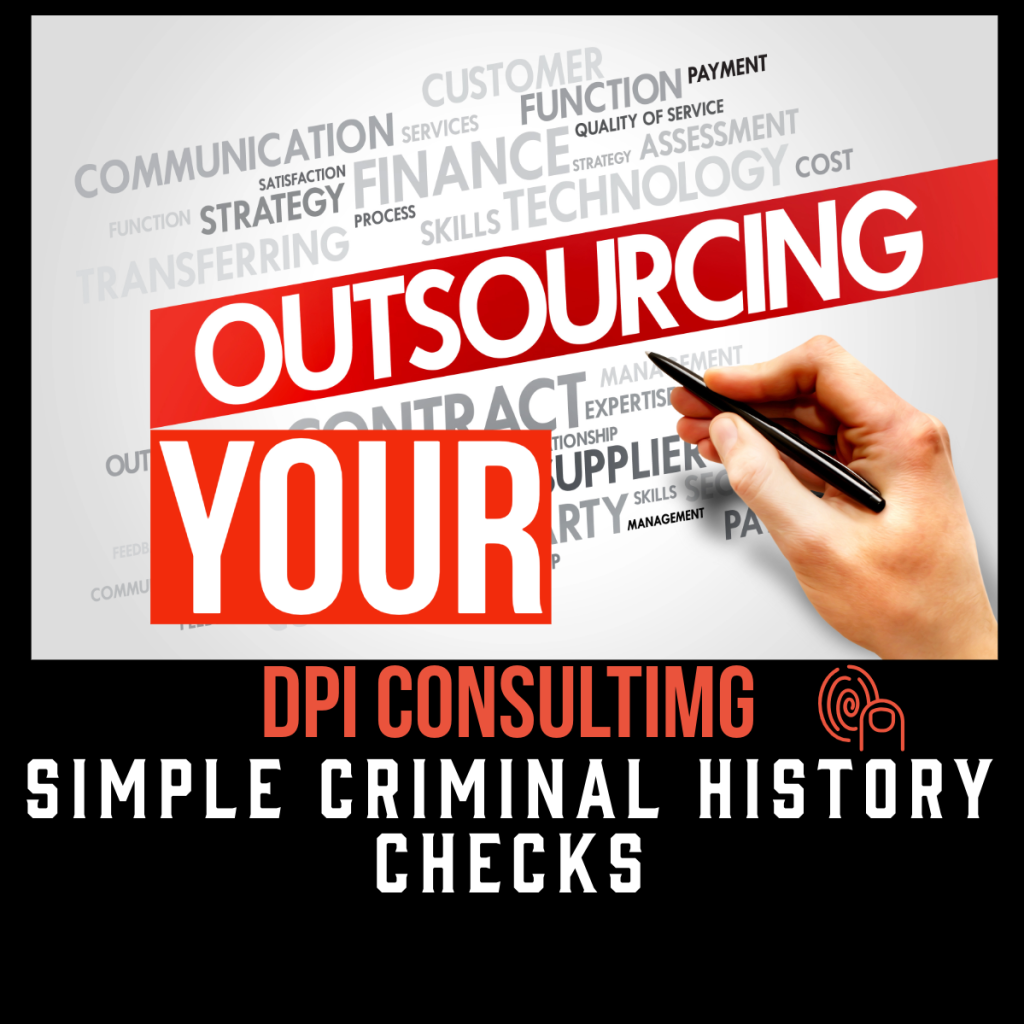To obtain a Criminal History Check you need to contact AuthNTick who can submit a police check on your behalf.
- You need to create an online account and complete the digital application form. You must consent to the check being done—known as ‘informed consent.
- With the completed application form and informed consent, you will provide your identity documents.
- Your police check is lodged into the National Police Checking Service Support System (NSS), the national IT system owned by the ACIC. The police then assess your criminal and conviction information (if applicable), and determine what information about you can be released, based on the purpose of the check and relevant spent convictions legislation.
- Your check result is returned to AuthNTick who attaches your result to your dashboard
Why do I need a National Police Check?
A Nationally Coordinated Criminal History Check helps organisations make informed decisions about the suitability of applicants for a range of employment, registration or licensing entitlements, including:
- recruitment, job applications and pre-employment screening
- volunteer and not-for-profit positions
- working with children or vulnerable people
- immigration and citizenship
- visa applications
- adoption applications
- occupation-related licensing
- firearm licensing.
See How the service works for more information.

Older Convictions
Please note that applications for National Police Checks for the following purposes may disclose details of older convictions and/or findings of guilt as an exclusion may exist in the State or Territory where the offence occurred –
- Working in Aged Care/working with the Aged
- Working with children/working as a teacher/teacher’s aide
- Working with or caring for the disabled
- Hospital employment
- Firearms permit applications
- Firefighting/fire prevention
- Immigration/Citizenship
- Immigration Detention Centre Employment
- Some Government security clearances
- Superannuation trustee
- Some overseas employment
- Taxi/Uber/Bus driver accreditation
The above list is not exhaustive and further exclusions may exist under Commonwealth, State or Territory legislation.
Before disclosing any information, each (Australian) Police service will apply the legislation or release policy of that State to any offences a person may have. For example, Uber was fined $11.7 million for hiring drivers with criminal records
Where an offence is capable of being spent, it will be spent automatically. You do not need to contact us or take further action. However, if the offence was a Western Australian offence, you will need to apply to the WA Police to have the offence spent. Visit the WA Police website and search ‘spent convictions’ for more information.
Application of spent convictions legislation for National Police Checks done by the AFP
The AFP release results for National Police Checks under either A.C.T. or Commonwealth legislation, depending on a combination of the purpose an applicant selects for their National Police Check as well as the nature of any offences the applicant may have.
Commonwealth
A “spent conviction” is a conviction of a Commonwealth, Territory, State or foreign offence that satisfies all of the following conditions:
- It is 10 years since the date of the conviction (or 5 years for juvenile offenders); and
- The individual was not sentenced to imprisonment or was not sentenced to imprisonment for more than 30 months; and
- The individual has not re-offended during the 10 years (5 years for juvenile offenders) waiting period; and
- A statutory or prescribed exclusion does not apply.
The effect of a conviction being spent is:
- A person with a conviction which has been spent does not have to disclose that conviction to any person, including a Commonwealth authority, unless an exclusion applies;
- It is unlawful to access, disclose or take into account spent convictions of Commonwealth offences.
Australian Capital Territory
A conviction becomes spent automatically at the completion of the prescribed (crime-free) period which is:
- 5 years where the person was not dealt with as an adult, or
- 10 years where the person was dealt with as an adult.
The period starts from
- The date a sentence of imprisonment is completed, or
- The completion of a control order (eg Good Behaviour Bond), or
- Where no sentence of imprisonment is imposed, from the date of conviction.
Some convictions can never become spent. These include:
- A conviction for which a sentence of imprisonment of longer than 6 months has been imposed;
- A conviction for a sexual offence;
- A conviction of a corporation;
- A conviction prescribed under the regulations.
The effect of a conviction becoming spent is that:
- A person with a conviction which has been spent does not have to disclose that conviction to any person unless an exclusion applies;
- It is an offence to disclose information regarding spent convictions;
- It is unlawful for a person who has access to a person’s criminal record held by a public authority to disclose a spent conviction;
- It is unlawful for a person to fraudulently or dishonestly obtain information about a spent conviction from records kept by a public authority.

